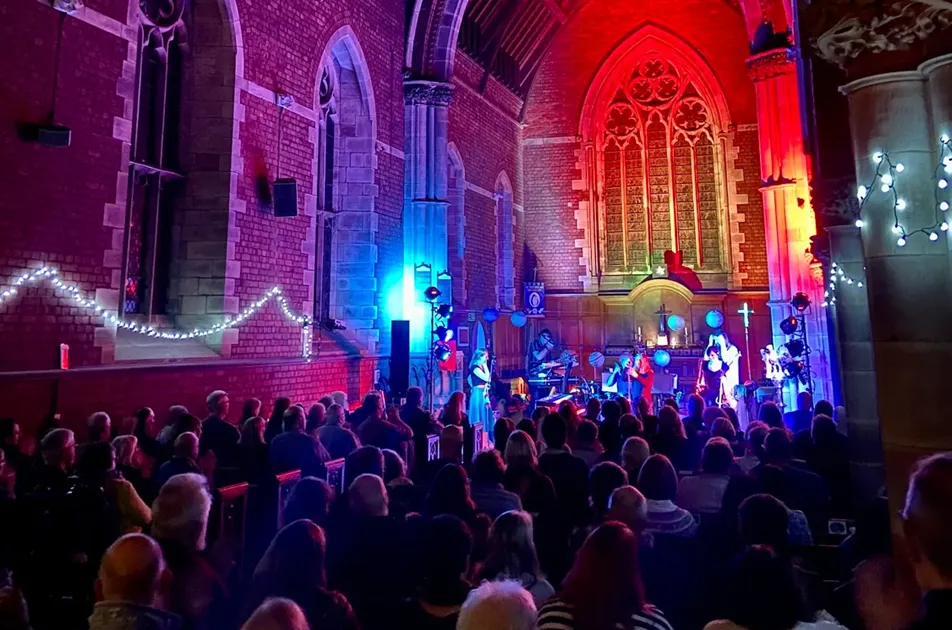______________________________
Guest post by Neil Turkewitz, this first appeared MediumThis is an excerpt from a submission made to the NTIA on internet priorities. The entire submission is available here.The individuals and organizations identified below are a diverse group of performers, songwriters, musicians, authors, academics and others who share an abiding interest in expanding opportunities for the creative sector through internet commerce. The internet has the capacity to fuel a cultural renaissance, and enhance economic competitiveness. Alas, far too much of that potential has been lost as a result of the culture of lawlessness and lack of accountability that define broad swaths of the internet ecosystem. Recent events have helped to promote an awareness that societies are not prepared to accept lack of responsibility as the default setting for judging conduct on the internet. For internet commerce to drive global prosperity, it must be built on a framework that demands accountability. We urge a course correction based on the understanding that a failure to protect expression is inconsistent with freedom of expression, and that freedom is dependent upon the rule of law and an appreciation for national sovereignty which reflects cultural, social and political distinctions between Nations.In this relatively short submission, we highlight our belief in the potential of the internet to drive creativity and prosperity, but note that this potential will not be realized unless societies demand the technology neutral application of the law. We can not allow conduct to take place via the internet that we would find intolerable in the physical world, yet there are many who would lead us down that path. Internet freedom can not, in a civilized world, mean the freedom to act without regard to legality, and to be free of the consequences of one’s conduct.To pave the way for the transformation to healthy digital commerce, it is necessary to establish the conditions for digital commerce to succeed in ways that have thus far eluded us. That includes a number of elements, but ultimately requires the development of more mature principles of law and business than those that propelled the first 20 years of innovation on the internet. As with many paradigm shifts, the first generation of internet policy-making was mostly predicated on governments and institutions getting out of the way of private actors. While that must remain a core element of future governance strategies, it is clear that it is, on its own, inadequate in addressing the needs of societies, workers and businesses in the new economy. Securing the technological application of the rule of law — and modifying the law where appropriate — are the prerequisites for advancing the digital economy and creating global prosperity.As participants in the creative community, we have witnessed first hand how the absence of adequate rules related to internet conduct can have dramatic and negative consequences on the ability of cultural/creative workers to sustain themselves from their craft — much to the detriment of societies. Luckily governments around the world have begun to understand how economic stability and cultural diversity have been harmed by rules which fail to require internet platforms to operate with a reasonable duty of care, and are beginning to reexamine internet governance principles adopted twenty years ago.The European Commission has been particularly engaged, and is presently considering amendments to its framework of internet governance, work on which began in 2015 with the issuance of a Communication which reflected its recognition that the framework of legislation established in the mid-1990’s was no longer adequate. The Commission wisely observed: “An effective and balanced civil enforcement system against commercial scale infringements of copyright is central to investment in innovation and job creation. In addition the rules applicable to activities of online intermediaries in relation to copyright protected works require clarification, given in particular the growing involvement of these intermediaries in content distribution. Measures to safeguard fair remuneration of creators also need to be considered in order to encourage the future generation of content.”The understanding of the need to rebalance rules is a very welcome reexamination of internet rules adopted in the late 1990’s (i.e. the era of dial-up and bulletin boards) that were designed to ensure that intermediaries were not held liable for third party content uploaded onto their networks over which they had no control or knowledge. The principles underlying safe harbors in the US and EU were sound, and helped to drive innovation in the digital space. However, they are clearly showing their age and are no longer operating as intended. Instead of providing reasonable protection to intermediaries that are operating responsibly, they have created incentives for online services involved in content distribution to implement architectures and practices to create plausible denial of knowledge of infringement, or willful blindness. Safe harbors were not intended as alternatives to licensing for content distributors, but too often they have become just that. And takedown has replaced reasonable care in the conduct of intermediaries. But takedowns only occur once injury has already taken place, and infringing content is quickly re-uploaded in any event. In short, while notice and takedown may have worked in a more innocent and less technologically advanced age, it operates as a continuing injustice in an environment in which platforms engage in the willful distribution of infringing materials, subject only to the requirement to delete specific files when they are notified.It is a matter of the first importance that we achieve clarification that only intermediaries that are truly passive and neutral with respect to the content that they host or communicate are eligible for safe harbors. There are some who, while touting “disruption” will insist on absolute fealty to the status quo. But if we are going to seize the potential for economic growth and job creation presented by developments in technology, we must look forward, and not merely cling to the past.We in the arts community have been canaries in the coal mine, and our experience is instructive. We have witnessed first hand how language of freedom is used to justify theft, and how the protection of expression is characterized as inconsistent with freedom of expression. As societies around the globe confront the implications of present internet business models, it seems a most appropriate occasion to recognize the unique role of artists in the flowering of free expression, and in creating the kind of world that we wish to inhabit. The author, Marty Rubin captured this nicely: “Artists, by their free expressions, encourage others to be free. This is the quality that makes works of art enduring.”Neil Turkewitz, on behalf of the following individuals and organizations who have come together in this ad hoc coalition for copyright and digital prosperity.
Richard Bennett, Founder, High Tech Forum
Jason Berman, former Chairman & CEO of the Recording Industry Association of America (RIAA) and IFPI
William Buckley Jr., Executive Director, FarePlay
Stephen Carlisle, Copyright attorney and former law professor
Chris Castle, Attorney
Dean Kay, Songwriter: “That’s Life” Curator: The Dean’s List
Phil Galdston, songwriter, co-founder Music Answers
David Golumbia, Associate Professor of Digital Studies, Virginia Commonwealth University
Alan Graham, Author, CTO & Co-Founder OCL
Devlin Hartline, Assistant Director, Center for the Protection of Intellectual Property
Hugh Hansen, Professor of Law & Director, Fordham IP Institute
Andrew Keen, Author of “How To Fix The Future”
David Lowery, Singer/Songwriter Camper Van Beethoven and Cracker
Brian McNelis, Music Executive
Blake Morgan, Artist & songwriter, founder of #IRespectMusic campaign
David Newhoff, Writer
Mary Rasenberger, Executive Director, The Authors Guild
East Bay Ray, guitarist, co-founder, songwriter of Dead Kennedys
Marc Ribot, Guitarist, and Chair of Artist Rights Caucus of Local 802 AFM
Chris Ruen, author of “Freeloading”
Maria Schneider, Composer, bandleader
John Simson, Executive in Residence and Program Director, Business & Entertainment, Kogod School of Business, American University
Jonathan Taplin, Director Emeritus, Annenberg Innovation Lab, University of Southern California
Amanda Colleen Williams on behalf of Songpreneurs Community, https://www.songpreneurs.com/about
David Wolfert, songwriter/composer, co-founder Music Answers
Doug Wood, composer, co-founder Music Answers
Note: Unless otherwise specified, members of this Ad Hoc Coalition are signatory in a personal rather than representational capacity




